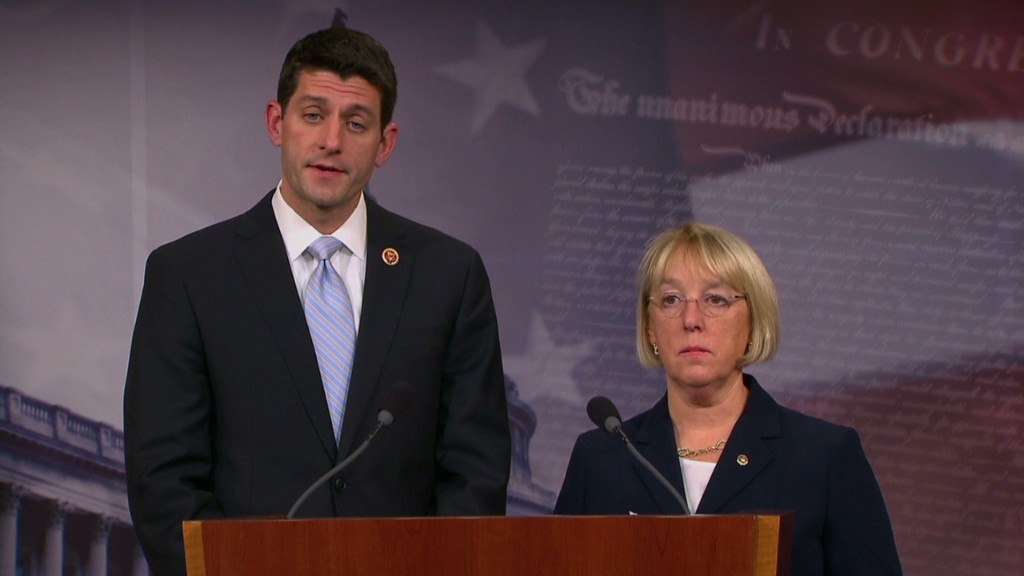
It could get harder for fraudsters to steal the identities of dead people if the budget deal announced this week gets approved.
Deep inside the budget proposal from Senate Budget Chairman Patty Murray and House Budget Chairman Paul Ryan is a provision that would restrict access to the "Death Master File," a database containing the personal information of deceased people -- including names, Social Security numbers, birth dates and dates of death.
The Social Security Administration created the file to help financial institutions and businesses prevent identity theft by allowing them to cross-reference applicants and customers and make sure they're not using a deceased person's identity.
Related: 5 ways identity thieves are targeting you
But the database has long been criticized by fraud experts, government watchdogs and politicians, since it has made it easy for identity thieves to get their hands on the details they need to take out lines of credit, receive Social Security benefits or claim fraudulent tax refunds in the name of someone who is no longer alive.

Currently, the Social Security Administration provides the Death Master File to the Department of Commerce, which then distributes it to more than 450 entities including state and local governments, hospitals, universities, financial institutions, insurance companies, and genealogy services. It's also accessible via the Commerce Department's website. To obtain records for one person, it costs $10. For an annual subscription with unlimited access to all of the files of deceased individuals, the price tag is $995. Other websites also re-post the information and make it free or charge very little.
Because access is so easy to gain, government agencies like the Social Security Administration, the Centers for Medicare and Medicaid Services and the IRS have all incurred big financial losses due to fraudsters using the identities of the deceased. In fact, fraud prevention firm ID Analytics estimates that the identities of 2.5 million deceased people are stolen each year -- a rate of 2,000 thefts per day.
Related: Buy a dead person's identity from Social Security for $10
Under the budget proposal, any information about a deceased person would not be available to the public for three years after their death. Exceptions will only be made if the person requesting the information has been certified under a new program that the Secretary of Commerce will be tasked with creating. Those who will be eligible to become certified include verified fraud prevention companies, financial institutions and others that have a "legitimate need for the information and agree to maintain the information under safeguards similar to those required of Federal agencies that receive return information." These entities would also need to pay fees in order to cover the costs of implementing the program.
In addition to reducing the major losses that government agencies have experienced from fraud using identities of the deceased, the Department of Commerce would be able to collect revenue by imposing fines of $1,000 any time information from the file is improperly disclosed.
